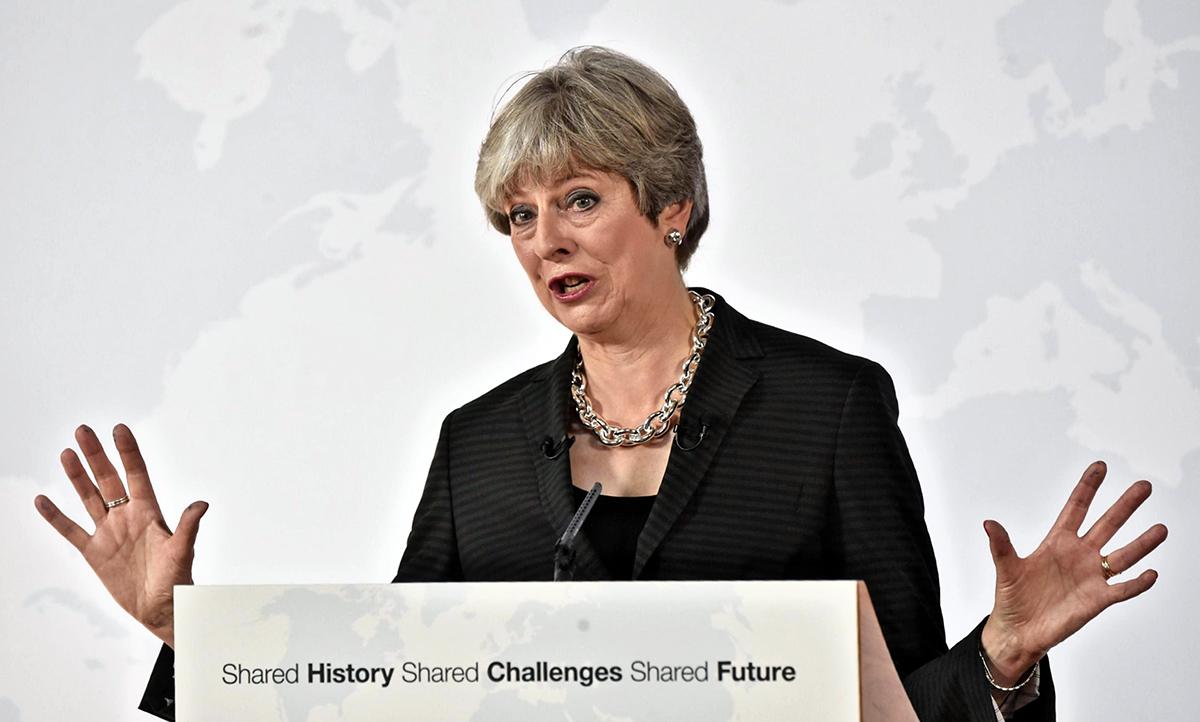EU 'wants €50bn from UK' as part of Brexit negotiations, according to senior diplomats
EU officials are pushing for clarification on the rights of their citizens as well as the monetary deal

Your support helps us to tell the story
From reproductive rights to climate change to Big Tech, The Independent is on the ground when the story is developing. Whether it's investigating the financials of Elon Musk's pro-Trump PAC or producing our latest documentary, 'The A Word', which shines a light on the American women fighting for reproductive rights, we know how important it is to parse out the facts from the messaging.
At such a critical moment in US history, we need reporters on the ground. Your donation allows us to keep sending journalists to speak to both sides of the story.
The Independent is trusted by Americans across the entire political spectrum. And unlike many other quality news outlets, we choose not to lock Americans out of our reporting and analysis with paywalls. We believe quality journalism should be available to everyone, paid for by those who can afford it.
Your support makes all the difference.Europe is set to seek a €50bn (£44bn) divorce bill to break the stalemate as Britain haggles over a deal to leave the European Union, according to senior European diplomats.
This financial settlement is at least twice the amount offered by Theresa May, which is reported to be in the region of £20bn. The UK needed to issue an agreement in-principle in order to start trade talks, EU sources told The Sunday Telegraph.
The Prime Minister’s speech in Florence on Friday stated that Britain “will honour commitments” agreed when it was an EU member.
Ms May did not mention a specific amount that the UK would pay into the EU for the two years after it leaves in March 2019.
EU officials are pushing for more detailed information concerning the rights of EU citizens, as well as the monetary deal.
French president Emmanuel Macron said: “Before we move forward, we wish to clarify the issue of the regulation of European citizens, the financial terms of the exit and the question of Ireland.”
He warned: “If those three points are not clarified, then we cannot move forward on the rest.”
According to EU sources, Ms May’s Florence speech will be discussed during talks scheduled in Brussels on Monday 25 September, which will be attended by 100 UK officials.
The EU remains steadfast in its demands that Britain continues to pay into the European Union budget for a transitional two years – in 2019 and 2020.
“This is just a payment for the remaining financial framework period,” Ales Chmelar, the Czech secretary for European affairs told the BBC.
“This is not a payment for all the legacies that we see, including for example the pensions and the legacies in terms of grants and funds.”
EU Brexit negotiator Michel Barnier said he would look into the “concrete implications” of the UK’s pledge that no member state would have to pay more as a result of Brexit, adding: “We shall assess ... whether this assurance covers all commitments made by the United Kingdom as a member state of the European Union.”
European negotiators are pushing for a much higher figure than offered by Mrs May, believed to be “about €40bn- €50bn”.
Speaking on the BBC Andrew Marr Show, Brexit Secretary David Davis attempted to allay fears over reports that the UK divorce bill could be as much as £40bn.
Mr Davis said that Britain would be paying “roughly” £10bn a year into the EU budget during the two-year transition period.
However, the Brexit secretary would not be drawn on the final amount, saying that would be a matter for negotiation. When questioned about the £40bn settlement suggested by EU officials, Mr Davis said: “They sort of made that up too.
“I’m not going to do an actual number on air, it would be ridiculous to do that – but we have a fairly clear idea where we are going on this.”
Join our commenting forum
Join thought-provoking conversations, follow other Independent readers and see their replies
Comments